While many parents recognise academic performance does not necessarily translate into happiness and career success for their children in the future, parents still need to ensure children conform to and excel in a certain academic system. A child must board the academic train and follow the tracks, just like every other child.
Under the Singapore education system, standardised exams and academics are the key criteria for excellence. However, once our children disembark from this train and enter the workforce, are they genuinely prepared to thrive happily in the real world?
We often ask parents the question, “What if your child must leave the country he is raised in twenty years from now to live comfortably and happily elsewhere? How do you, as a parent, prepare him for that future? What skills would your child need then?”
This is a scenario many parents in developed countries do not need to think about. Instead, many focus on a checklist of future-proofing their children which often entails academics, coding, dance, speech and drama, etc.
But, do all these truly matter?
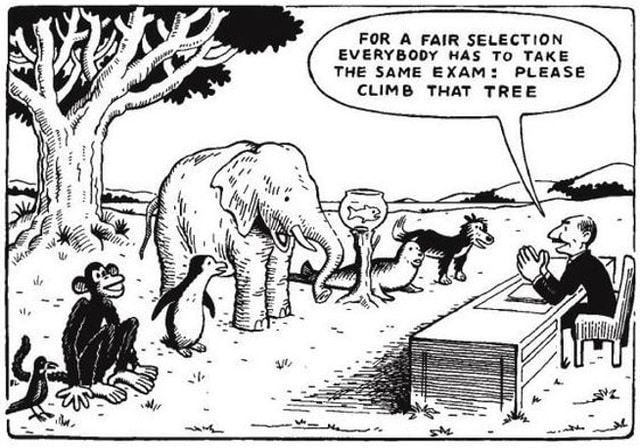
What does being globally competitive mean?
At Little Sage, we define globally competitive as having the skills to provide one with the maximum flexibility to work around the world doing whatever he wants to do. If a person can do that, this person could be among the elite and be eligible for many high-paying jobs in Singapore as well.
A globally competitive person has a greater ability to embrace differences, overcome discomfort and stereotypes. Humans, by nature, dislike differences and unfamiliarity because it makes them uncomfortable. That is why we like to make friends with others who share a common interest, hobby and language.
Most people do not feel comfortable talking to strangers as humans like to be able to relate to others. However, if you realise the alleged stranger goes to the same yoga class as you, perhaps you will find a common ground and be more willing to talk to him.
If our children can train their minds to perceive something different or unfamiliar as “fascinating”, they would be more inclined to embrace and learn about it.
Finally, the key to being globally competitive is to be able to reconcile differences and make something uncomfortable familiar and comfortable not just to yourself, but to those around you.
It is about helping an organisation venture from one place to another (often unfamiliar) in the smoothest way possible. It is the ability to provide a bridge across cultures, landscapes and unchartered waters that makes an individual valuable on a global scale.
How do we raise a globally competitive child?
Raising a globally competitive child is both an art and a science. There is no checklist to follow. It is not about how affluent one is to send children abroad or travel the world. It is not about how much a parent spends on tuition.
All parents have an equal chance of raising a globally competitive child, especially in an era where information is commoditised and easily within our reach if parents are disciplined and put in the effort.
More importantly, it is about starting during the preschool years when children’s minds are most malleable. Finding the right preschool that will partner with you on this journey is critical.
Little Sage was founded for this purpose.
Being multilingual and embracing multiculturalism
Language is the easiest way to expose children to the world. As parents, the greatest and easiest gift we can give our children is language. There is no better time to present them with this gift before the age of 6 when bilingualism is easiest to establish.
80% of the human brain is developed by the age of 5, and that is why we often say children learn like a sponge, especially when it comes to languages.
Language is the easiest gateway for a child to grasp the concept of multiculturalism and understand why differences exist around the world.
Learning Chinese poetry and history in Chinese rather than English engenders a completely different level of engagement and understanding of a culture. A child that can truly grasp cultural differences puts him far ahead in blending in and bridging all types of differences.
Little Sage has a robust bilingual Chinese and English immersion programme. The programme is designed by the senior management team, each of whom is fluent in multiple languages and leveraged their language abilities to catapult their careers across five continents. Having achieved multilingualism ourselves, we truly know how to achieve it and capitalise on it.
Exposing them to the world
It is important to expose children to the world outside of Singapore at an early age to liberate their minds. It is about sharing with their events or facts around the world just like narrating any storybook.
Education about the world at such an early age is like taking children on the Disneyland ride – “It’s a small world after all”. Keep it simple but interesting. It is about piquing their interest so they are curious about the borders beyond Singapore.
As part of our core curriculum, our unique global immersion programme expands the mind of young children starting 18 months.
This is specially curated by the personal experience of members of our curriculum team who have lived, travelled to or personally interacted extensively with people from that part of the world.
For example, our students learn about the beautiful fauna of Iguazu Falls and Tango in Argentina as well as the almighty Maasai warrior in Kenya, Africa.
Our children go home telling their parents how excited they are to learn about the world outside of Singapore. More importantly, they recognise it is the diversity and cultural differences that make this world so fascinating.
Exposing children to discomfort
As parents, we bring children into the world, doing whatever we can to help them live a comfortable life. We can do whatever we can to prevent our children from falling and crying, but we know it is unrealistic for our children to never fall and cry.
For our children to live a comfortable life, they must first know how to overcome discomfort. That needs to start in the preschool years when the brain is most malleable. They need to be instilled with the fact that while falling is uncomfortable, it is natural, and getting back up is an instinct.
To be globally competitive, their edge will come from having the ability to embrace something uncomfortable for others. Knowing one may have to fall first before having a chance to succeed is something most people are uncomfortable with.
But if your child welcomes such discomfort as an interesting challenge, your child will be available to take advantage of opportunities that others will not.
Sage Sports is much more than developing the gross motor skills of young children but to continuously expand children’s comfort zone so they know that falling is natural and that bouncing back up to move forward is routine.
Through Sage Sports, children not only reinforce what they learn in the classroom through play but also to work as teams to solve problems and overcome obstacles.
Sage Sports incorporates many elements of how multinational corporations develop next-generation leaders via teamwork, selflessness, leadership and tackling discomfort.
Growth mindset
Growth mindset is a frequently discussed topic amongst parents around the world.
How do I raise a child with a “can-do” attitude? How do I raise a child that will look at a glass half full rather than half empty when dealing with setbacks?
Growth mindset incorporates many elements, but we define it simply as the belief that as long as one has confidence and is willing to work hard, one will eventually get to wherever she wants to go. Also, learning and progress is a continuous and lifelong process.
Within our integrated curriculum, SAGE is the philosophy we adopt to nurture children’s growth mindset. This is a philosophy that all successful people possess.
At Little Sage, we build a solid foundation for young children so they are ahead of their peers in preparing for the world awaiting them.
To learn more about Little Sage International Preschool and to book a school tour, visit here.
This article is the first of a multi-series combining the perspective of a parent of two young children, early childhood educator and senior executive of corporations who have built businesses, hired and coached young professionals and entrepreneurs in multiple continents. For other articles, resources, and tours, visit here.
This post is brought to you by Little Sage Preschool.
* * * * *
➡️ Stay in touch! 📣 Subscribe to our Telegram https://t.me/newageparents for our latest updates.
Want to be heard 👂 and seen 👀 by over 100,000 parents in Singapore? We can help! Leave your contact here and we’ll be in touch.




































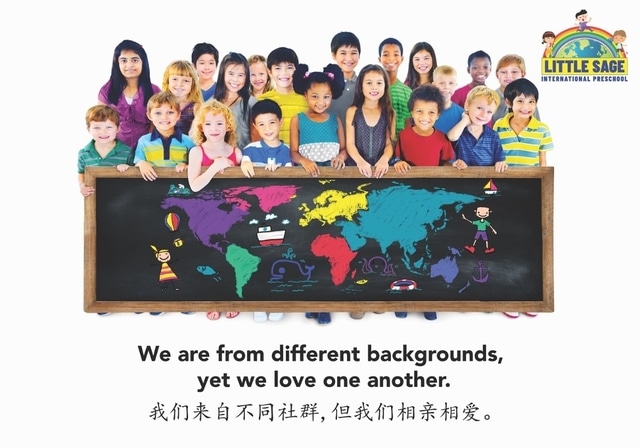
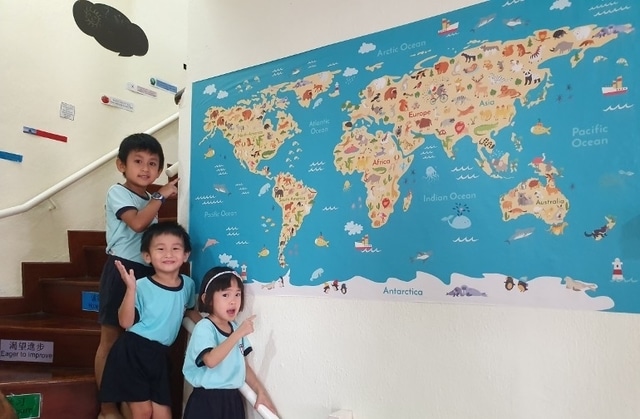
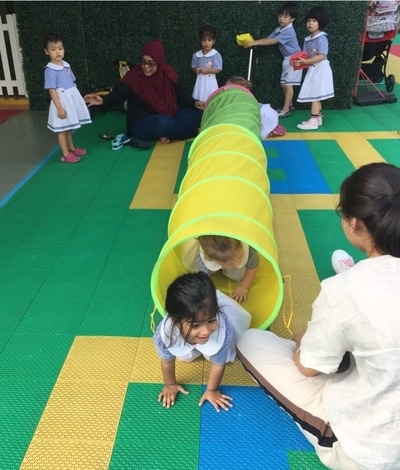


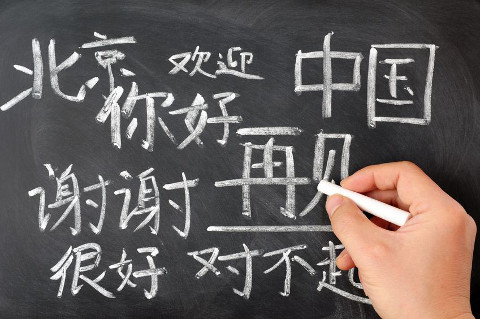
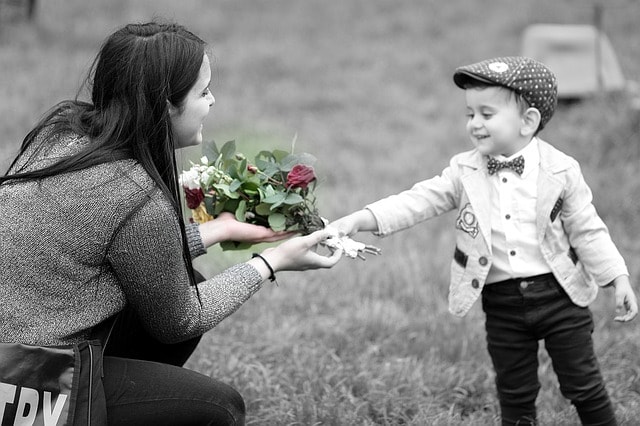
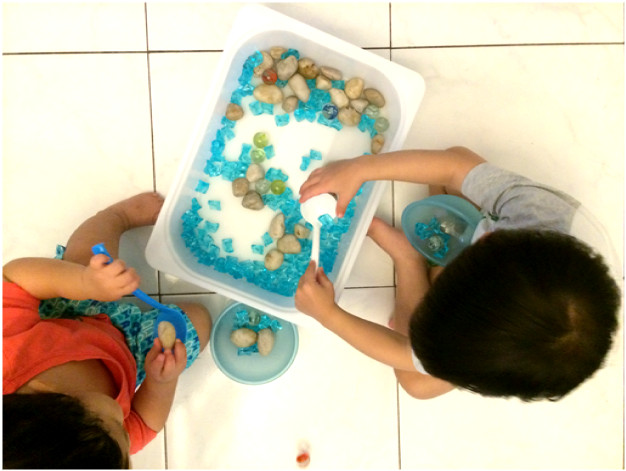
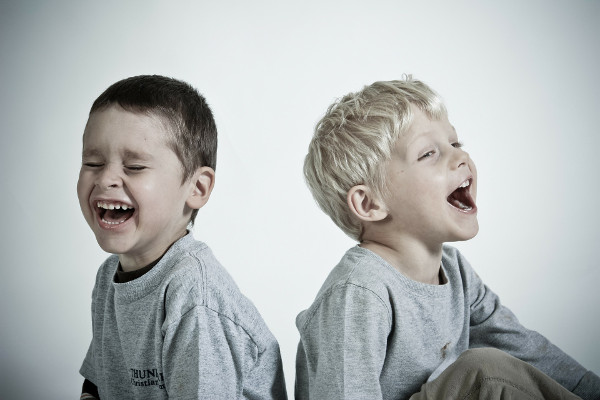
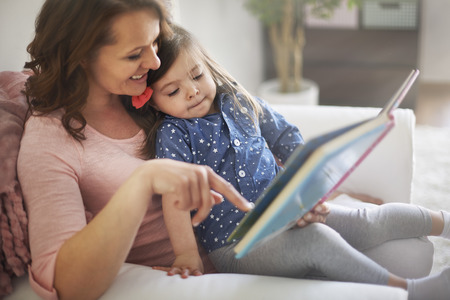
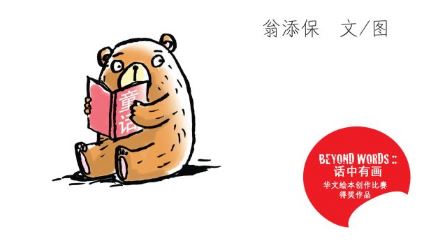

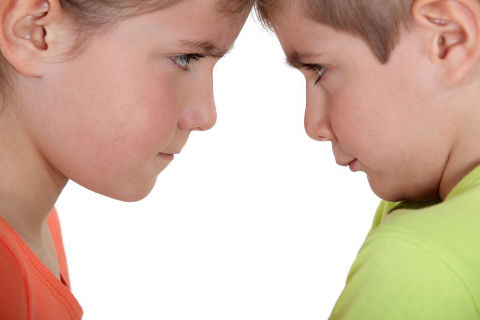
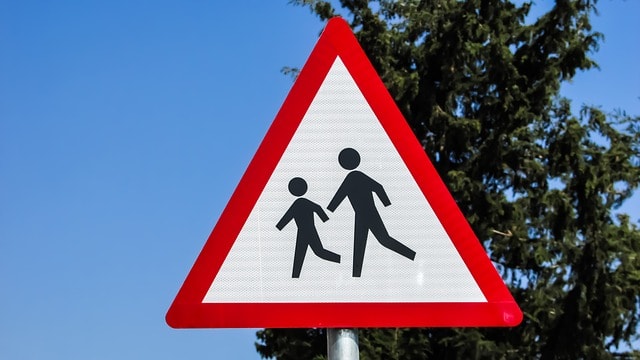
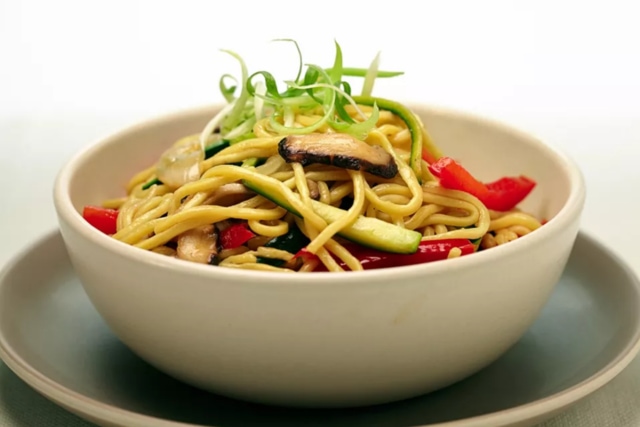
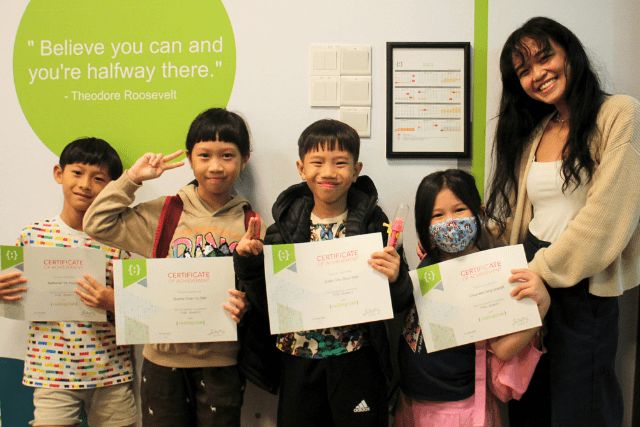









Leave a Comment: